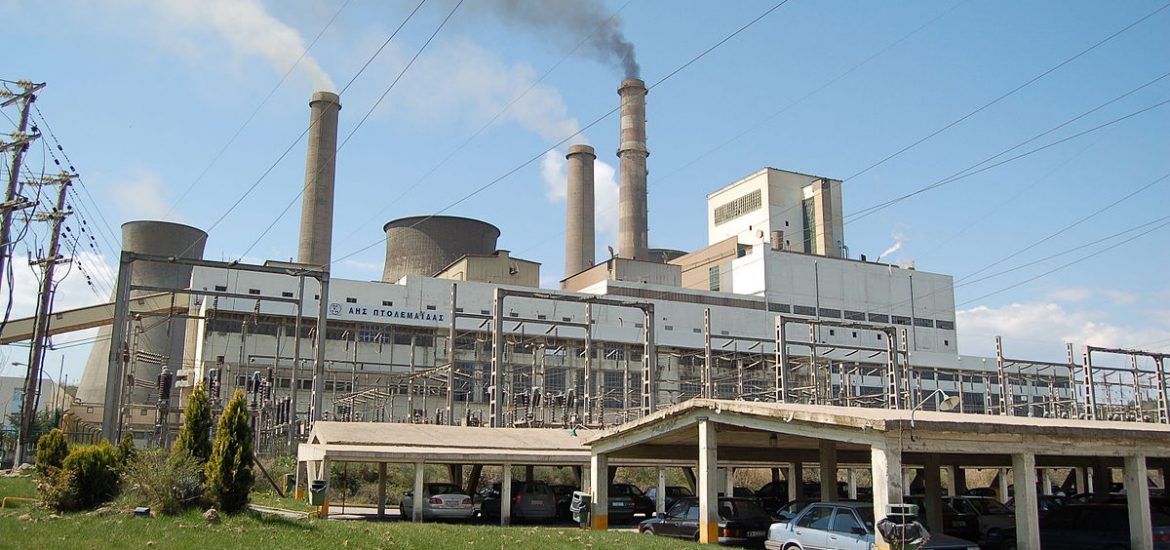
Choking dust covers Ptolemaida, a city 500km northwest of Athens in West Macedonia, known for its opencast brown, lignite coal mines and power stations.
The state-owned Public Power Corporation (PPC), despite EU regulations on coal use and the declining profits, has recently invested €1.3 billion in the construction of two power stations in the region.
The mine spans 1,600 square kilometres and includes five deserted villages. It is the biggest mine in the Balkans and reportedly accounts for 30 per cent of Greek electricity production.
According to Greenpeace, coal combustion causes more than 1,200 premature deaths in Greece.
Greece, Germany, Poland and the Czech Republic are estimated to account for over a third of the world’s coal production.
In 2012, the World Health Organisation reported that 7 million premature deaths were caused by air pollution. In Europe, each death caused by air pollution cut life expectancy by an estimated 11 years.
Greenpeace reported that coal combustion caused more than 1,200 premature deaths in Greece.
The environmental NGO said seven out of 10 deaths in Ptolemaida were related to cancer or thromboembolic diseases like stroke and pulmonary embolisms.
Cancer cases have risen by an estimated 16 per cent since 1955, while life expectancy in the region continues to fall.
Controlled explosions regularly break the hard surface stone to extract the coal beneath it.
PPC and its partners have created 10,000 jobs in West Macedonia, which had the highest jobless rate during the Greek financial crisis.
But now the state-run utility, as part of Greece’s international bailout deal and the European Union’s coal phase-out programme, faces an uncertain future. Staff earn around €680 a month, including Kostas, a native of Ptolemaida.
“My father died of cancer when I was 12,” he told the media, adding that four of his father’s colleagues also died from cancer.
Kostas works as a guard for PPC, like his father.
Since 1976 more than 4,000 residents from five different villages on coal reserves have been forced to leave their homes.
Mavropigi is the one of most recently abandoned villages with 10 residents left and no running water.
In 2010 the first coal excavation took place just 800 metres from the first houses in the village.
Since then, some residents left the village in fear and the schools closed permanently.
One resident calling himself Aristokratis and his wife are refusing to leave.
“I have my wife and my dogs here. I don’t want to live anywhere else, this is my only home,” Aristokratis told Al Jazeera.
A Ptolemaida power plant. Picture credit: Wikimedia





